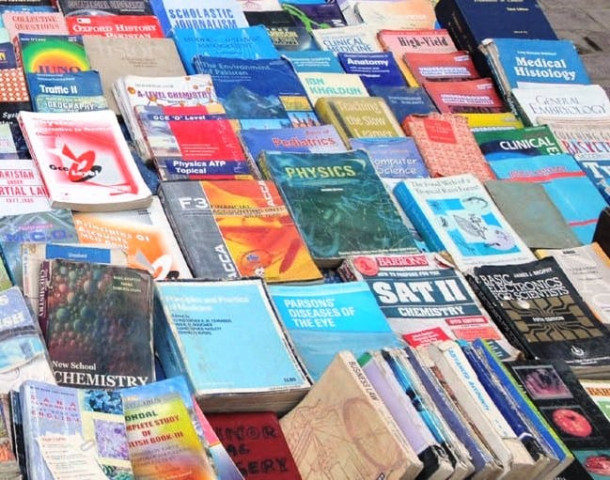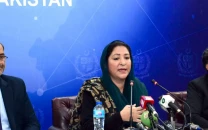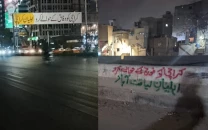‘Curriculum of hatred’: Biases in school textbooks remain strong, says report
Report by Jinnah Institute highlights content of school textbooks inciting extremism, religious intolerance.

‘Curriculum of hatred’: Biases in school textbooks remain strong, says report
Quoting these textbooks as the “curriculum of hatred”, the report claims that they not only lack creativity but also fail to stimulate a child’s imagination. “The most serious charge against them is that the content, wholly or partially, is biased, selective and inculcates in the child a parochial and subjective outlook.”
A number of studies done in the past on the subject have also revealed that the content of textbooks of public schools and colleges are full of prejudice against non-Muslims and incite sectarian hatred and violence.
The Jinnah Institute report analysed the content of the books which were reviewed by the government in light of rising intolerance and compares it to the previous ones, pinpointing the areas which have been neglected.
Flawed textbooks
The textbooks of Social/Pakistan Studies, Urdu and Islamiat, even after being revised according to the Textbook Policy of 2006, still contain elements which may be detrimental to a child’s perspective of religion and the world.
In Social/Pakistan Studies textbooks, the material on jihad and supremacy of the Muslims over non-Muslims has been “discreetly removed”. However, the ideology of Pakistan, giving a strong link between the creation of Pakistan and the ‘atrocities’ of Hindus, was found extensively.
The chapter on ideology of Pakistan in the Grade VIII textbook reads,
“The Hindu belief was that only a Hindu nation could live in the Indian subcontinent. Other nations should become a part of the Hindu nation or leave India. Many Hindu extremist parties such as the AryaSamaj were working against Muslims since the nineteenth century and even after fifty years after the creation of Pakistan, these organisations continue working to erase the ‘Muslims’ existence from the region.”
The Urdu textbook for Grade VIII, which should be aimed at teaching students about the language and the poets and authors, emphasises on the “importance of Islam, ideology, nationalism and anti-India sentiments” instead. Failing to mention even a single female writer in the textbooks for Grade IX and X, the books also subliminally uphold gender discrimination.
In Islamiat textbooks, jihad has been toned down but not completely eliminated from the syllabi.
Pedagogy
The report states that the source of extremism cannot be diminished solely by changing the text in the books as the information which the student receives is also manipulated greatly by the teachers transmitting it. The teachers may fail to transmit their knowledge fully, resulting in the students forming a warped version of the content in their minds.
Another hurdle which lies in the process is the solved question papers, also known as “keys”. The students heavily rely on the keys to rote-learn for their exams. But, where the content of the textbooks has been revised, the content of the keys still remains the same as before.
The keys continue to incite religious extremism, as one of them states,
“Reasons for the separation of East Pakistan: In East Pakistan the education sector was entirely under the control of Hindus. They incited the students against the western wing by lectures and writing. India, Russia and America wanted to split Pakistan. Their successful schemes transformed East Pakistan into Bangladesh.”
The report also holds madrassa teachers and mosque leaders responsible for spreading a “xenophobic worldview”.
Recommendations
The report recommends that the content of school textbooks should continue to be revised and “produced by professionally trained academics/writers” to ensure good pedagogy.
On the other hand, the government should devise policies for madrassa reforms to prevent religious extremism, and also set up guidelines for mosque leaders and the media on issues relating to religion, violence and intolerance.


















COMMENTS
Comments are moderated and generally will be posted if they are on-topic and not abusive.
For more information, please see our Comments FAQ